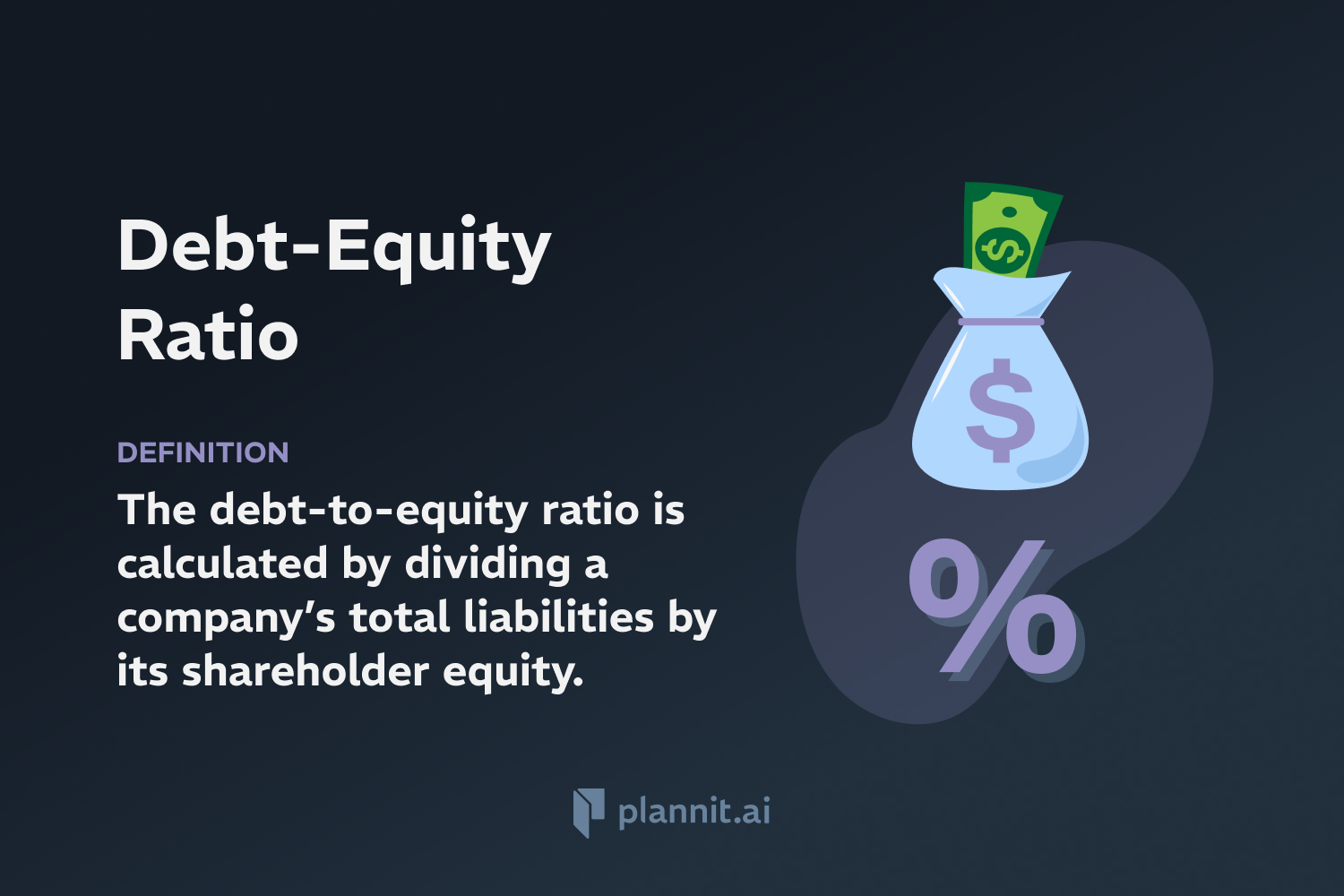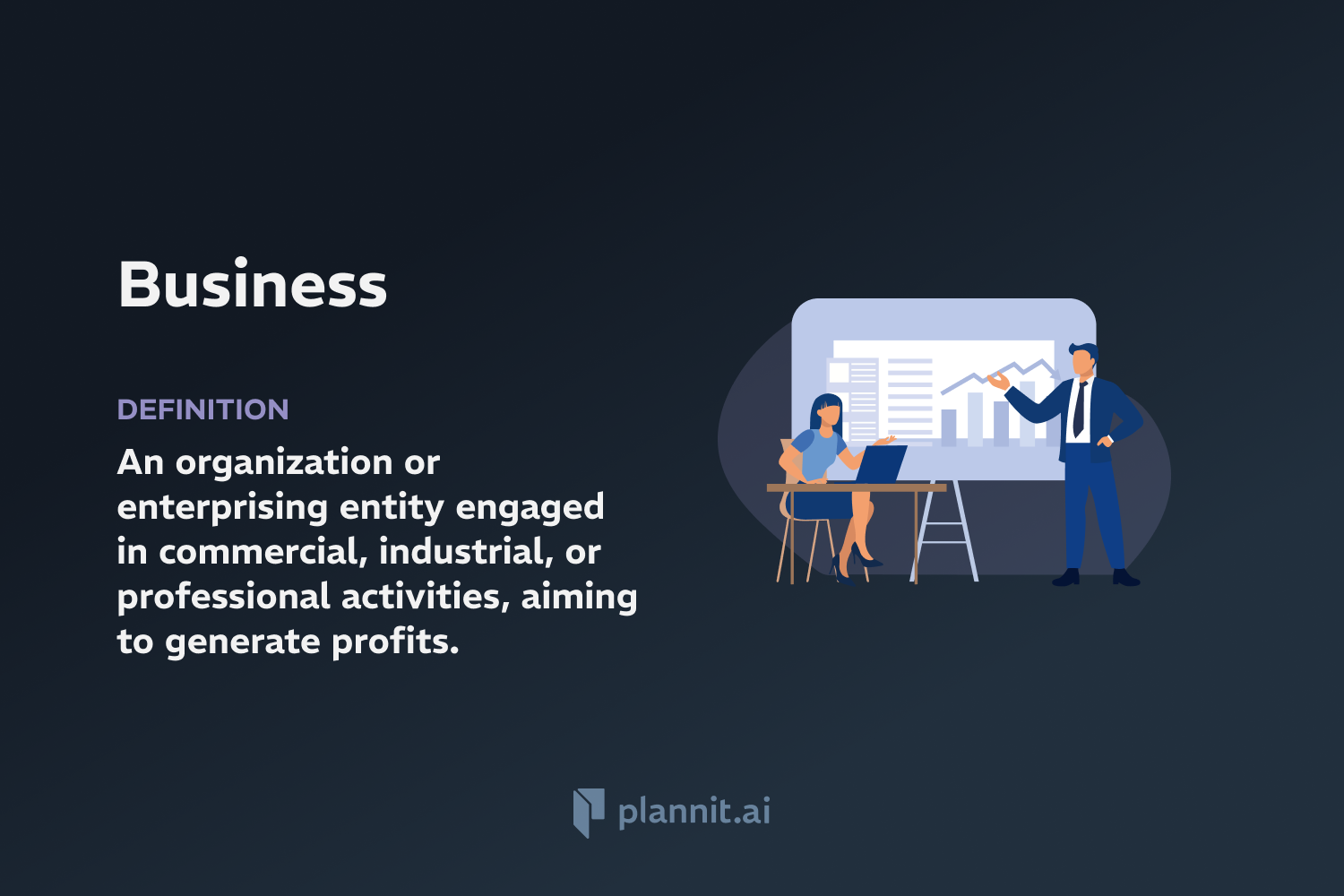Need Help With Your Business Plan?
Answer tailored questions and get a detailed business plan in minutes.
Merger: Definition & In-Depth Explanation
Definition:
A Merger is a corporate strategy of combining two or more companies into a single company where typically one company survives and the others cease to exist. The goal of a merger is often to enhance the companies' competitive positions, expand into new segments, or achieve operational synergies that reduce costs and increase profits.
Context of Use:
Mergers are common in industries that are experiencing consolidation, where companies are looking to leverage synergies and efficiencies to cope with competitive pressures. They are significant transactions in the business world, requiring extensive legal and financial planning.
Purpose:
The primary purposes of mergers include achieving economies of scale, reducing competition, expanding into new territories, combining resources for large projects, and building on each other’s strengths.
Example:
Horizontal Merger: Two companies that are direct competitors in the same industry and market merging to consolidate market share and reduce operational costs.
Vertical Merger: A company merging with its supplier or distributor to enhance supply chain efficiency and reduce costs.
Related Terms:
Acquisition: The purchase of one company by another in which the buying company acquires the majority stake in the bought firm, which does not change its legal existence as a result.
Consolidation: A form of merger where a brand new company is formed and both companies cease to exist independently.
Synergy: The potential additional value generated from the merging of two companies, often seen as a major driving force behind mergers.
FAQs:
1. What are the differences between a merger and an acquisition?
A: The key difference is that in a merger, generally, two companies agree to go forward as a single new company rather than one company being absorbed into another. In an acquisition, one company takes over another and clearly establishes itself as the new owner.
2. What are the financial benefits of a merger?
A: Financial benefits can include cost efficiencies, increased revenue, greater market share, and improved industry visibility.
3. What are the legal implications of a merger?
A: Mergers must be approved by relevant authorities to ensure they do not violate antitrust laws, and they often require detailed legal documentation to address potential issues like labor laws, contracts, and leases.
4. How do companies decide on mergers?
A: Companies consider factors such as strategic fit, cultural compatibility, financial benefits, and market conditions before deciding on a merger.
5. What challenges might arise during a merger?
A: Challenges can include cultural mismatches, integration difficulties, customer overlap, employee turnover, and regulatory approval issues.
Get funding with a business plan that will impress investors.
Starting a New Business?



